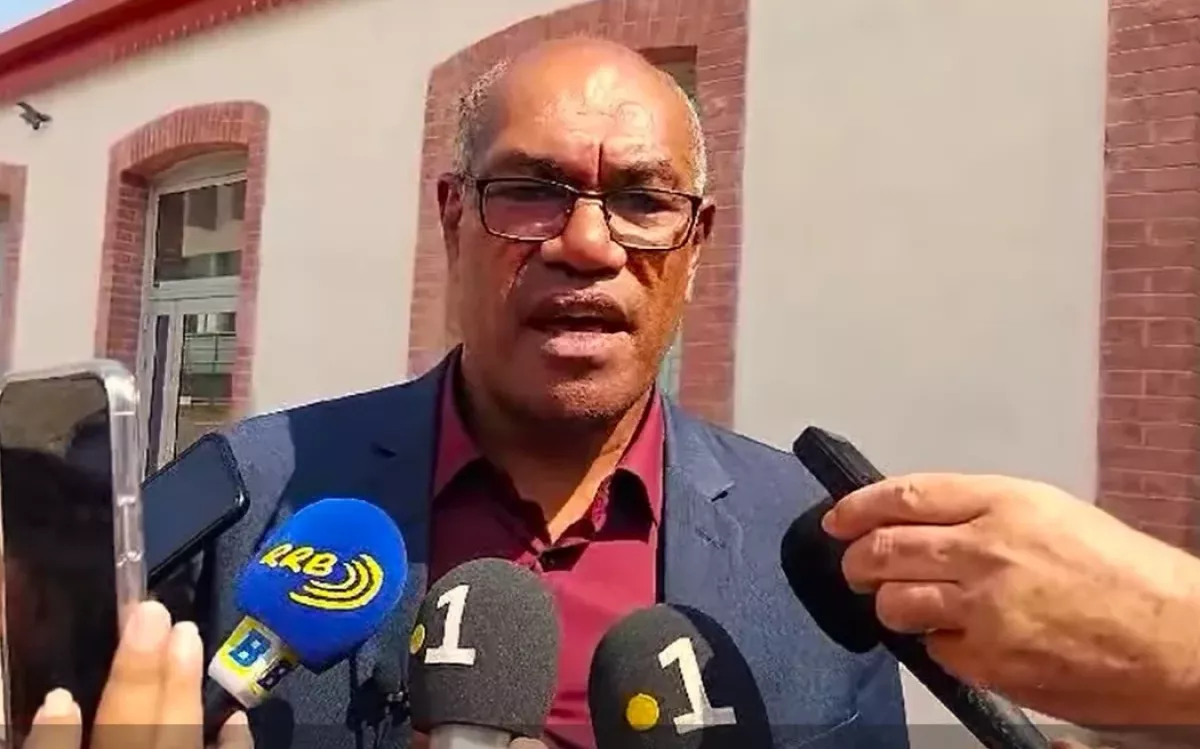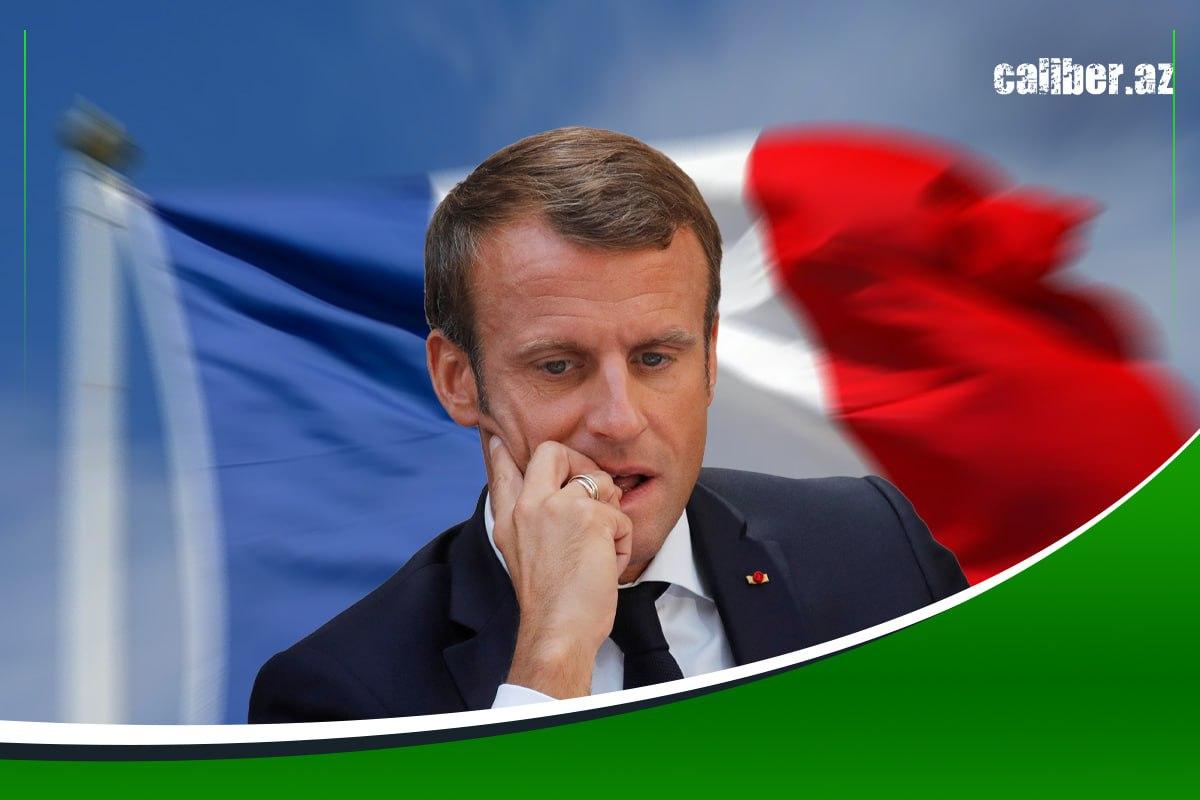French government crisis threatens New Caledonia’s path to self-determination Pacific Media Network report
The Pacific Media Network has highlighted the delicate political situation in New Caledonia, where independence debates are intersecting with upheaval in Paris. Caliber.Az brings readers the full report with slight alterations.
Last week, New Caledonia’s President Alcide Ponga attended his first Pacific Islands Forum Leaders Meeting (PIFLM) in Honiara, at a moment when the French government was grappling with a major crisis.
A confidence vote in the French National Assembly saw Prime Minister François Bayrou lose his position, with 364 votes against him and only 194 in support, leaving Bayrou facing the prospect of resignation.

For President Emmanuel Macron, who has already overseen six Prime Ministers since 2017, the options are limited. He can either appoint a new Prime Minister or call early elections, though his party lacks the numbers for a secure majority, and elections may not change this balance.
Bayrou’s replacement, Sébastien Lecornu, 39, was appointed last Wednesday during a handover ceremony. Lecornu is familiar with New Caledonia, having served as Minister for Overseas Affairs from 2020 to 2022, overseeing the territory’s three self-determination referendums held between 2018 and 2021.
Public dissatisfaction with Macron remains high, with polls suggesting roughly two-thirds of French citizens want him to resign despite the next presidential election being scheduled for 2027. Mass protests against Macron took place on September 10, alongside a major trade union strike planned for September 18.
An Elabe poll conducted last month found that, should Bayrou’s government fall, 81% of respondents would support appointing a new Prime Minister, 69% favoured dissolving the Assembly, and 67% believed Macron should step down.

Against this backdrop, New Caledonia’s political future was a key topic at the Pacific leaders’ meeting. Leaders underscored the territory’s importance, highlighting unity, stability, and ongoing discussions around the Bougival Accord—an agreement aimed at negotiating New Caledonia’s future. They emphasised inclusive dialogue and a peaceful transition toward a new political era, while recognising the Melanesian Spearhead Group’s position on New Caledonia, reflecting regional interests.
Key points from the PIF leaders’ discussions included:
-
New Caledonia is at a “critical juncture” in its political development.
-
Visits by the Forum Troika Plus indicate high-level regional engagement.
-
Discussions around the Bougival Accord are ongoing, reflecting a negotiated process.
-
Inclusive and peaceful dialogue is being strongly encouraged.
-
The Melanesian Spearhead Group’s stance highlights wider sub-regional attention.
The political upheaval in Paris has direct consequences for France’s overseas territories. New Caledonia’s representatives in the National Assembly were divided: loyalist deputy Nicolas Metzdorf, along with French Polynesia’s Moerani Frébault and Wallis and Futuna’s Mikaele Seo, supported Bayrou, while pro-independence deputies, including Emmanuel Tjibaou of the Union Calédonienne, voted against him.

A major factor in Bayrou’s unpopularity was his proposed budget cuts. The new government must draft a budget by December, and any delays could jeopardize economic support for New Caledonia, still recovering from the May 2024 unrest that claimed 13 lives, injured dozens, disrupted tourism, and crippled the nickel industry, including the closure of a major smelter.
The Bougival Accord, which aims to replace the governance framework established by the 1998 Noumea Accord, remains at risk amid the crisis in Paris. Former French Overseas Minister Manuel Valls had outlined a tight timetable to implement the draft agreement, requiring approval from the Senate, National Assembly, and a joint sitting of both houses before a referendum in New Caledonia scheduled for February.
Complicating matters further, provincial elections originally scheduled for May 2024 and now due on November 30 may be delayed until May–June 2026, requiring new legislation in the French parliament. The FLNKS (Kanak Socialist National Liberation Front) will play a crucial role in shaping the political landscape as New Caledonia navigates this complex transition.
By Tamilla Hasanova








